Bloomington public bus board OKs bus stop funding, civil rights plan
Two resolutions—one about the agency’s Title VI plan and another on stop funding—were adopted by the board of Bloomington Transit at its regular meeting on Tuesday (Sept. 23). Ridership in August was down compared to August last year, and is down 6% year to date.
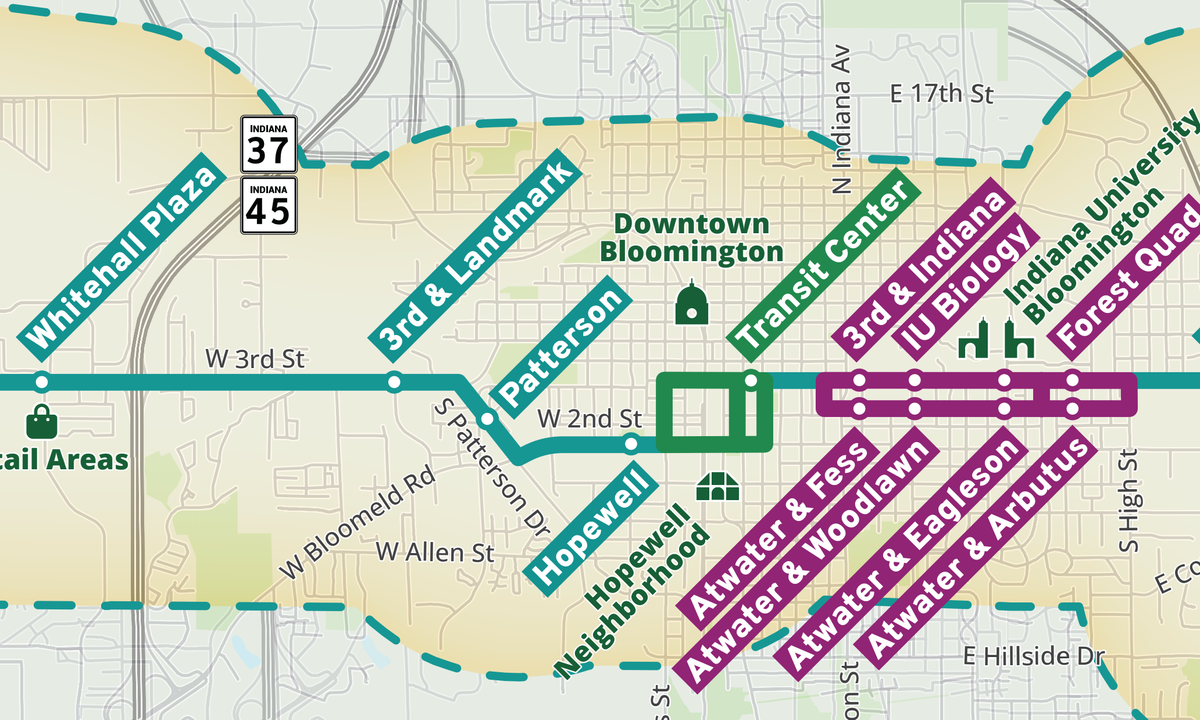
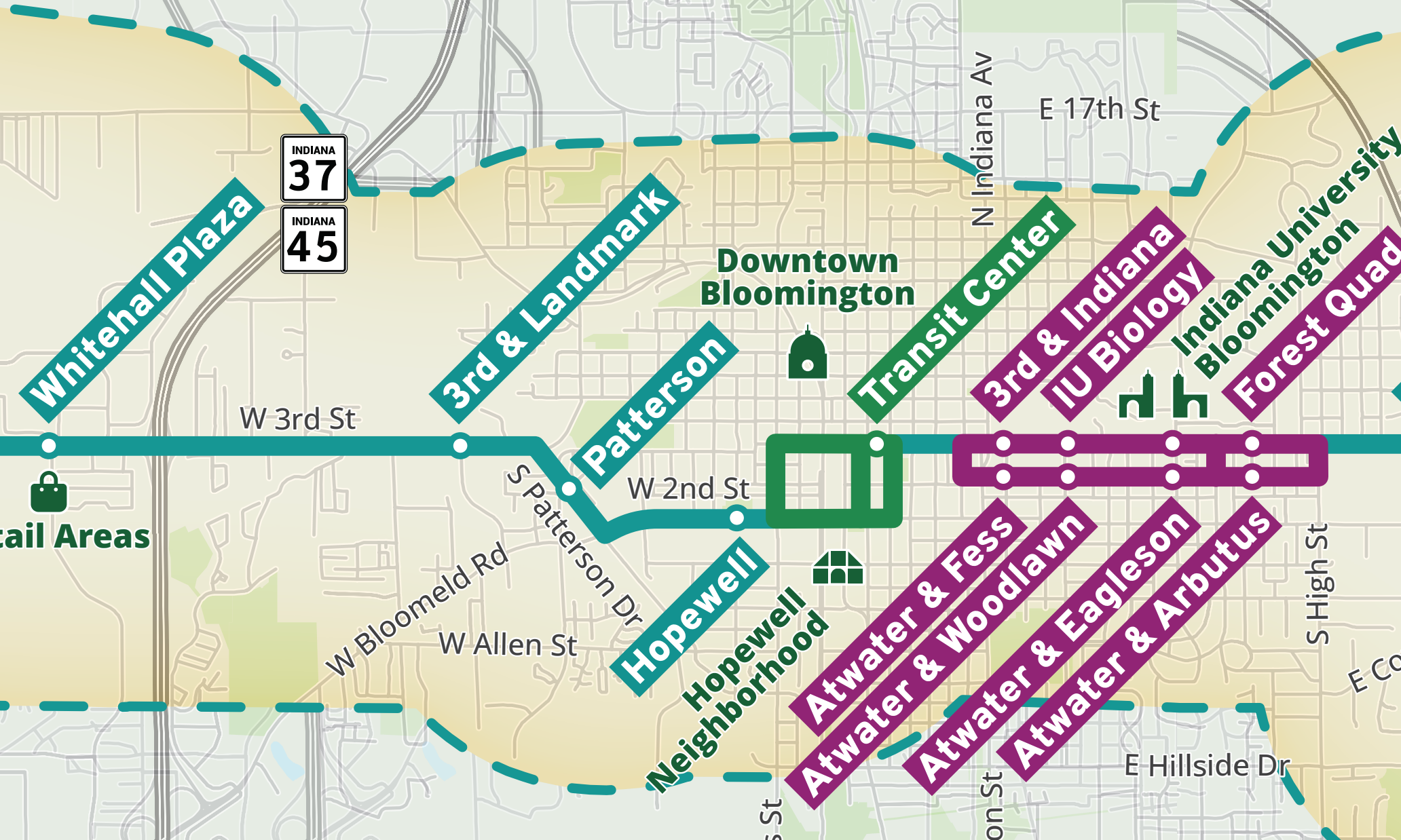
Two resolutions—one about the agency’s Title VI plan and another on stop funding—were adopted by the board of Bloomington Transit at its regular meeting on Tuesday (Sept. 23).
The first resolution approved the agency’s updated Title VI plan, which is required by the Federal Transit Administration. The Title VI of the Civil Rights Act of 1964 prohibits discrimination based on race, color, or national origin in programs that get federal funds. BT’s proposed 2026 budget includes $6.4 million in federal funding.
Bloomington’s Title VI plan covers complaint procedures, public participation, and language assistance for riders who have limited English skills. According to the 2023 American Community Survey there are 3,319 people in Bloomington (which is about 4.4% of the population) who speak English less than “very well.” The most common languages spoken by those residents are Chinese and Spanish, according to the plan.
Indiana University’s big international student population also shapes the plan, because many of them depend on the bus system when they first come to Bloomington, according to the plan.
The second resolution authorized a memorandum of understanding (MOU) with the city of Bloomington to support construction of bus stops as part of the West 2nd Street modernization and safety project. The geographic scope of the project goes along 2nd Street between South Patterson Drive and South Walnut.
Other than bus stops, improvements planned for the stretch include: a new roadway, bicycle lanes, sidewalks, curb ramps, traffic signals, intersections, storm sewers, street lighting, and landscaping.
The overall project cost is $4,112,496. But BT is not paying for anywhere near all of that. In the resolution approved by the board on Tuesday, $300,000 was approved as local matching funds for six accessible bus stops along the corridor. Four of those stops are supposed to be designed with boarding platforms level with a bus floor, to fit with the planned Green Line bus rapid transit service. The Green Line is a project that would develop bus rapid transit (BRT) east-west across the city.
The monthly operations report presented at Tuesday’s board meeting reflected a downward trend for fixed route ridership.
In August 2025, 151,436 were taken on fixed-route BT buses. That’s a 14.4% drop from August 2024, but a whopping 34.3% drop from the August 2023 numbers. So far through 2025, the fixed route ridership figures are down 6.4% compared to the same period last year.
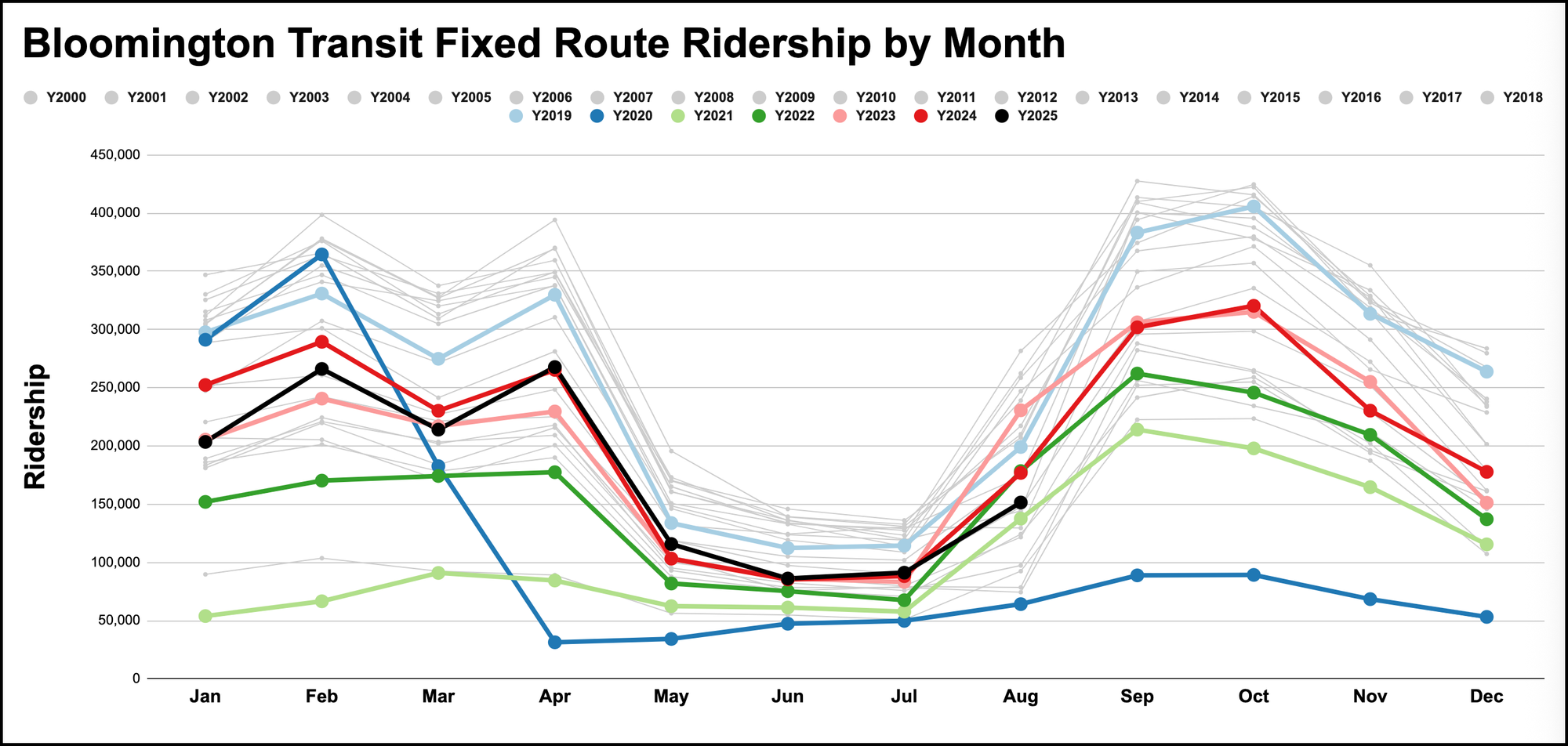
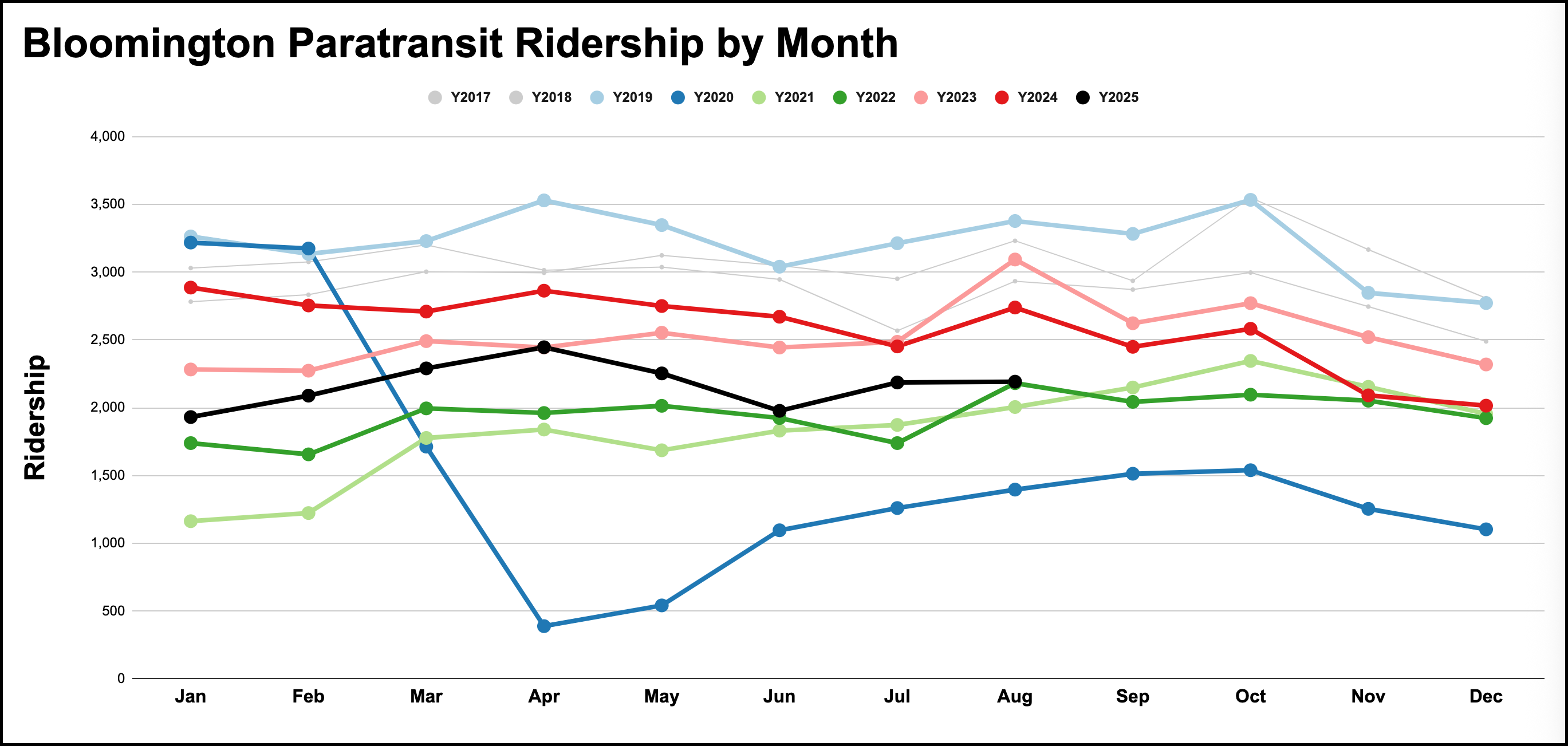
Charts by The B Square with data from Bloomington Transit.

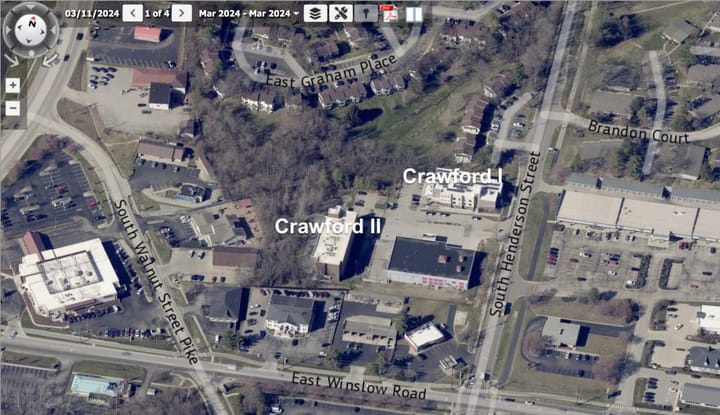
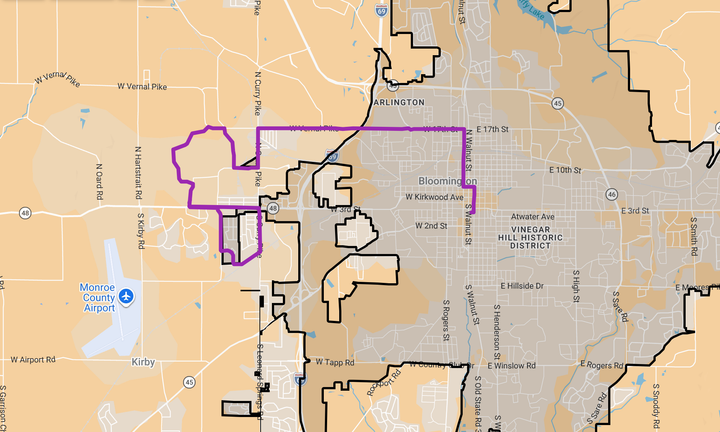
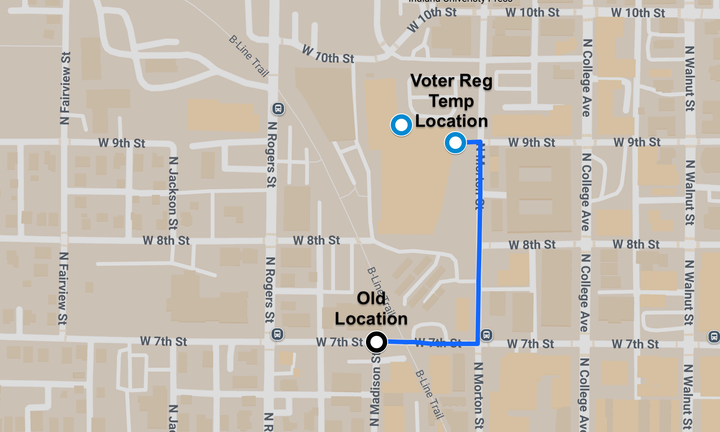
Comments ()